Introduction
Meditation is gradually being recognised for its simplicity and ultimate power to manage stress and anxiety. Meditation allows us to slow down and remain present. It offers emotional balance, mental clarity, and a feeling of overall well-being, which makes it a very usable habit in today’s world.
What is meditation?
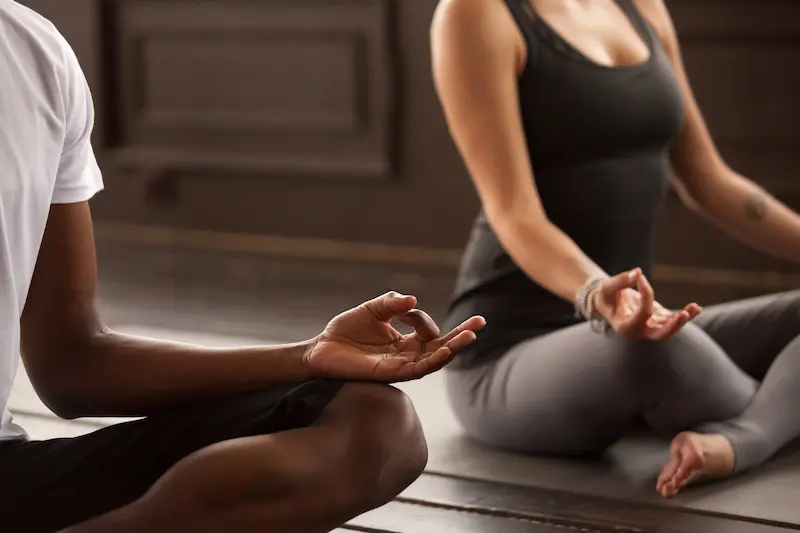
Meditation is a daily process of preparing your mind to embrace your thoughts and redirect them with positive ones in this digital age of social media, where we often lead sedentary lives. More and more people are starting to realize the health benefits of meditation. It can help you maintain a balance between your mind and your body.
Why Meditation Is Important for Mental Health
Meditation helps regulate our reactions to situations and the amount of stress hormones our bodies produce. Simultaneously, the focus is on building greater self-awareness. Regular meditation builds our mental resiliency. It calms the nervous system down, allows us to concentrate, and helps to develop emotional control. Over time, the benefits of meditation include reducing your level of anxiety, symptoms of depression, and establishing a more balanced, grounded state of mind.
Benefits of Meditation
Meditation for Stress Relief
Meditation assists in triggering your relaxation response. This helps counteract the production of cortisol (the body’s primary stress hormone), which can aid in relieving physical tension, quieting a racing mind, and providing a sense of calm, even if you are undergoing a challenging or emotionally taxing period.
Meditation for Stress and Anxiety
Regular practice of meditation for stress and anxiety reduces repetitive thought patterns related to worry by increasing emotional regulation and awareness of the present moment. With practice, it creates an environment that allows you to reduce the intensity of anxiety and change your reactions to potential trigger events.
Improves Focus, Emotional Balance, and Sleep
Meditation increases your ability to control attention and remain emotionally stable, allowing you to maintain mental equilibrium. Additionally, it helps improve your sleep quality by reducing excessive mental stimulation.
How Meditation Works to Reduce Stress?
Practising meditation for stress is known to de-stress the body by helping to calm the nervous system. When someone is chronically stressed and activated into a “fight or flight” response, meditating helps transition the body into a restorative, calm state. This process also works to support the regulation of breathing, lower cortisol levels, and retrain your mind to observe your stressors objectively, versus immediately reacting in a way that may be harmful to your well-being.
Types of Meditation You Can Try
Mindfulness Meditation
This entails observing your thoughts, feelings, and body without judgment. It builds present-moment awareness, diminishes mental clutter, and helps with emotional regulation.
Body Scan Meditation
This technique helps you release tension held within the body by mentally scanning each part. It is an excellent way to alleviate physical symptoms of stress and reconnect your thoughts with your physical self.
Loving-Kindness (Metta) Meditation
Metta meditation helps you generate feelings of kindness and compassion towards yourself and others. It builds emotional balance and helps you feel more connected to those around you.
Guided Meditation
These use verbal instructions or audio to support the process. They are perfect for beginners as the structure takes the guesswork out of reaching a meditative state.
Meditation in Real Life: Steve Jobs and Apple
Many are realising that the benefits of meditation go far beyond general wellness. A prominent example is Steve Jobs’ personal relationship with meditation and how Apple carries on his legacy.
Why Steve Jobs Meditated Every Day?
For many years, Steve Jobs practised meditation as part of his daily routine. He believed it gave him better intuition, increased focus, and greater clarity when making important decisions. Jobs spoke publicly about how being mindful allowed him to think more simply and find creative inspiration.
Meditation Rooms at Apple Offices
Apple has incorporated meditation and quiet rooms into many of its corporate offices to encourage employee wellness. These spaces allow employees to manage stress more effectively and gain mental clarity, illustrating a trend toward integrating mental health practices into workplace culture.
Tips for beginners
Getting started with meditation can feel overwhelming, but with a few simple tips, beginners can build a steady, rewarding practise that fits easily into daily life.
Setting realistic meditation goals
Start with short, manageable sessions—just 5 to 10 minutes daily can make a difference. Setting realistic goals helps build consistency without pressure, making meditation a sustainable habit.
Creating a conducive environment for practise
Choose a quiet, comfortable space where you can sit or lie down without distractions. Adding calming elements like soft lighting, cushions, or gentle background music can enhance focus and relaxation.
Overcoming common challenges in meditation
You may face distractions, restlessness, or self-judgment during meditation—acknowledge them without frustration and gently return your focus. Consistency, patience, and self-compassion are key to overcoming these common hurdles and deepening your practise over time.
Dealing with a wandering mind
A wandering mind is completely natural during meditation—it is part of the process. Instead of getting frustrated, gently notice when your thoughts drift, and calmly guide your attention back to your breath or chosen point of focus.
Managing physical discomfort during meditation
To manage physical discomfort during meditation, find a comfortable position using cushions or a chair to support your posture. If discomfort arises, gently adjust your position or bring mindful attention to the sensation without reacting, allowing it to pass naturally.
Staying motivated and consistent
Set a regular time for meditation each day and remind yourself of the benefits you feel, even in small ways. Tracking your progress, joining a community, or using guided sessions can also help keep the practise engaging and rewarding.
Promoting Mindful Living for Better Health and Well-Being
In daily life, meditation provides a straightforward strategy for coping with stress while enhancing mental wellness. With consistent practice, even a few moments of mindfulness a day can have a significant impact. The Active Living Community promotes the mindful establishment of habits to encourage peaceful minds, emotional stability, and improved health.
Frequently Asked Questions About Meditation
Yes, with regular practice, the mind becomes calmer and the physiological stress response is reduced.
Many people notice benefits within a few weeks of consistent practice.
Yes, beginners can safely meditate daily, even for short durations.
Morning or evening usually works best, depending on your personal routine and comfort.
Stay tuned to the Activ Living Community. Keep up to date with the latest health tips and trends through expert videos, podcasts, articles, and much more on nutrition, fitness, mindfulness, and lifestyle conditions like Asthma, Blood Pressure, Cholesterol, and Diabetes. Activ Living ke saath sahi sehat ki shuruat ABHI karo.
You may also be interested in the following blogs:
- 7 Health Benefits Of Meditation: Advantages Of Meditation
- Start Your Meditation Journey To Experience Peace. Calm Your Mind
Popular Searches
How to lower blood pressure | Fruits good for liver | Unhealthy foods | Ragi Benefits | Basal Metabolic Rate | Acupressure points for High Blood Pressure | Ayurvedic medicine for blood pressure | How to control cholesterol at home | Homeopathy for Asthma | Biological Age | Home remedies for TB | Natural beta blockers | Negative effects of internet | Types of walking | Blood pressure calculator | Blood sugar calculator | BMI Calculator





 1800-270-7000
1800-270-7000


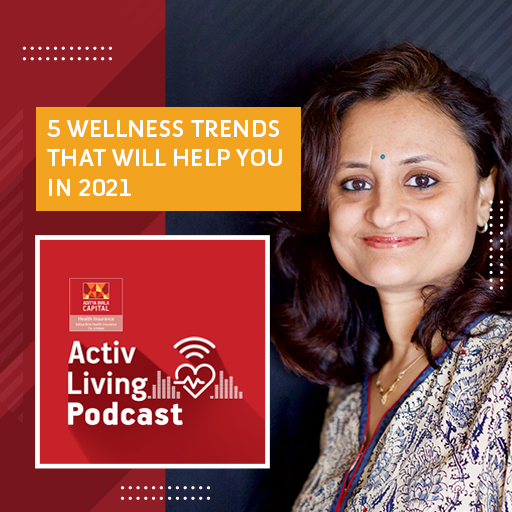


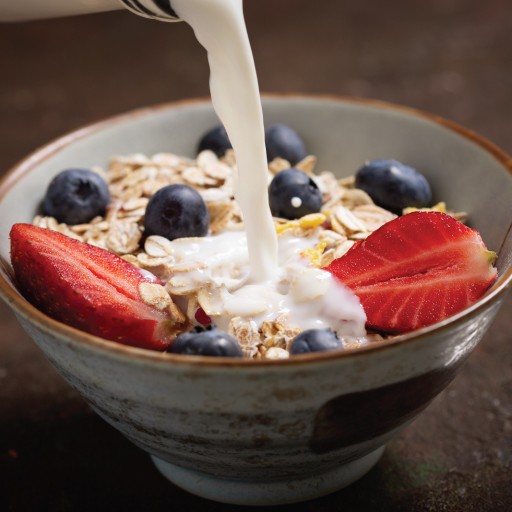
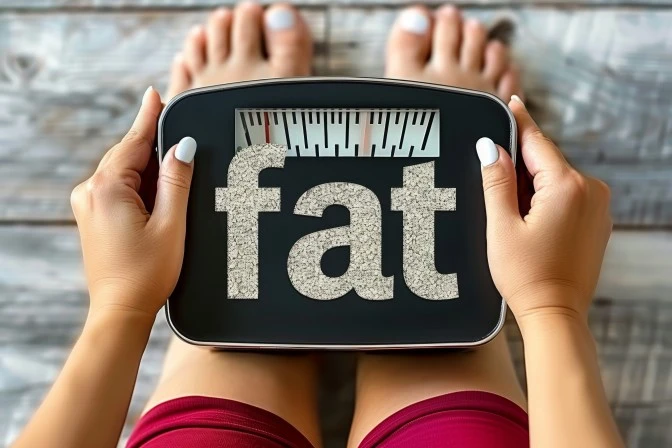
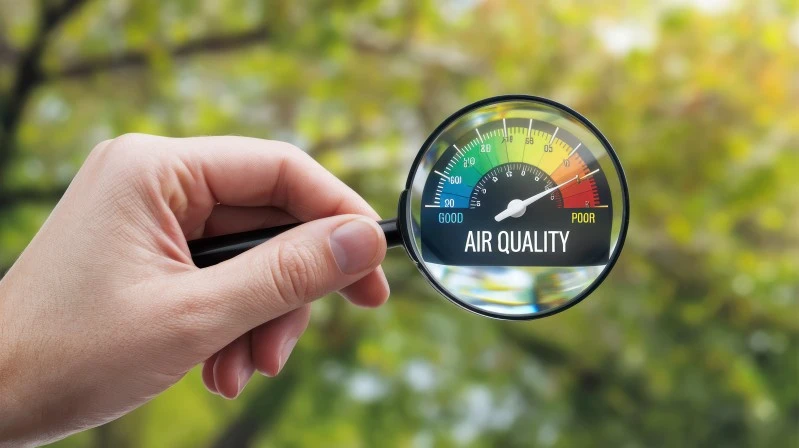

It is very useful article in controlling stress.
This is an excellent website!! healthy activities and meditation for our bodies It aids in the proper functioning of your heart and body.
Over the past few weeks, I’ve been under a lot of stress, so I think I should do something before it affects my health. That’s why I’m glad you talked about meditating and how it’d help you concentrate better and release your stress, so I’ll be sure to follow your tips this week. I appreciate your advice about mindfulness meditation and its effects on our health.